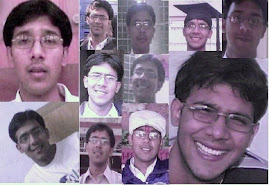After passing more than six decades after Independence, the Indian villages are still far away from basic essential needs. Earlier the landlords, higher officials in british raj were only exploiting the simple & non-educated Indian villagers but today also the condition is somewhat similar what it was 60 years ago....today politicians, private industry owners, bureaucrats, government lucrative policies are upto a large extent are exploiting the people.....according to a stats India has around 5 lakhs villages totally comprising around 70% of Indian population. Currently figures shows that around 41% of village population is living below poverty line. Around 20% of village population struggles a lot to get 1 time food in a day. Although recent goverments job creation policies like Bharat Nirman, MNREGA, Rajiv Gandhi rural electrification, rural upliftment yojna etc have a big potential to remove this poverty level but due to corruption from state level to village level and a non-transparency in govt policies, bad policy management and politics involved in centre vs state goverments have become the biggest hinderance to provide relief to poorest ones.
Gandhi ji said ones that India's power lies in villages but today it has become reverse.....India is progressing in the tune of service led Industrial development and on the other side the agricultural growth and value of villages is continuously degrading.....the migration from villages to cities is taking fast. The future looks quite blurred to see that who will engage himself in agriculture in future.
Govt should put his immediate attaention towards this plight and reestablish a big share of agriculture in nations growth.
Thursday, April 22, 2010
Subscribe to:
Post Comments (Atom)








.jpg)

No comments:
Post a Comment